|
Experts from the Ministry of Agriculture shared success story on Indonesia's experience as a country that has been able to fully meet the needs of domestic rice for three consecutive years
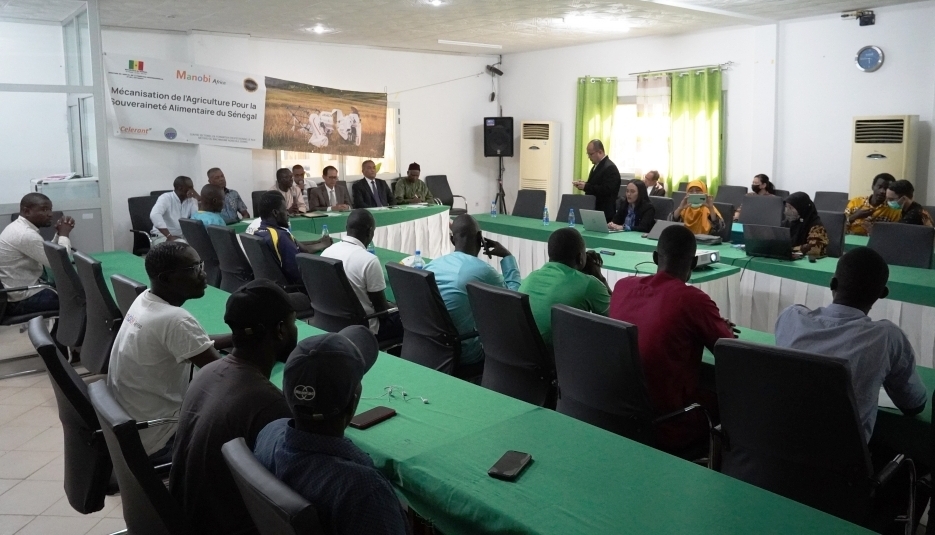
The Non-Aligned Movement Centre for South-South Technical Cooperation (NAM CSSTC), in collaboration with the Ministry of Agriculture of the Republic of Indonesia and Manobi Africa, organised a three-day training for 20 Senegalese farmers and agents to improve rice farming capacity.
The programme is part of the Dispatch of Experts on Rice Sector Development project, a partnership between Indonesia, Senegal and NAM CSSTC to help Senegal increase rice production to meet domestic demand.
Programs aimed at St. Louis, Senegal.
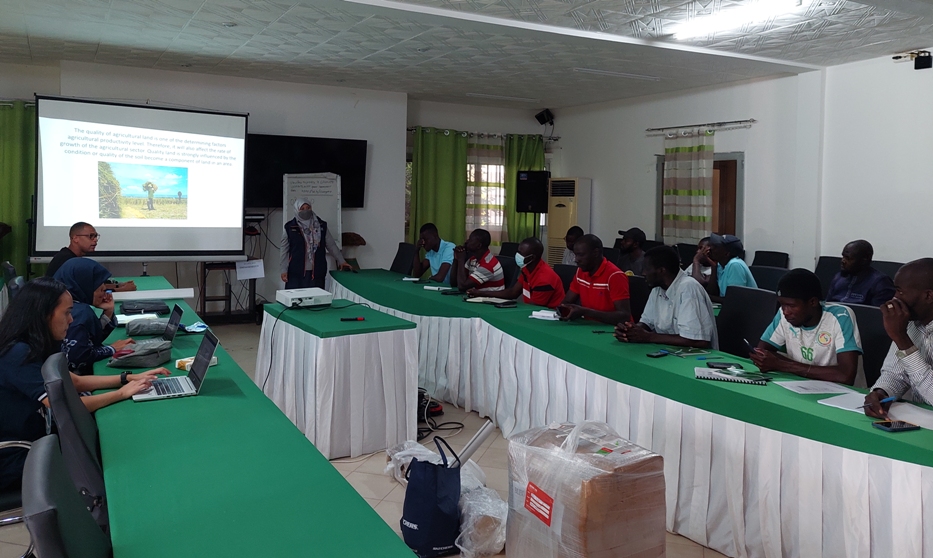

During the training, experts from the Ministry of Agriculture presented material on Indonesia's experience as a country that has been able to fully meet the needs of domestic rice for three consecutive years, superior rice varieties, soil quality, use of organic fertilisers, rice cultivation techniques, disease control, and rice pests. The given technique is intended to motivate Senegal to develop its own high-yielding rice varieties, meet domestic rice needs, and implement rice management practises that do not harm the land.
Farmers and agents working under the auspices of agCelerant are among those taking part as participants. They are also expected to be able to transfer their knowledge to other farmers in Senegal after the training.
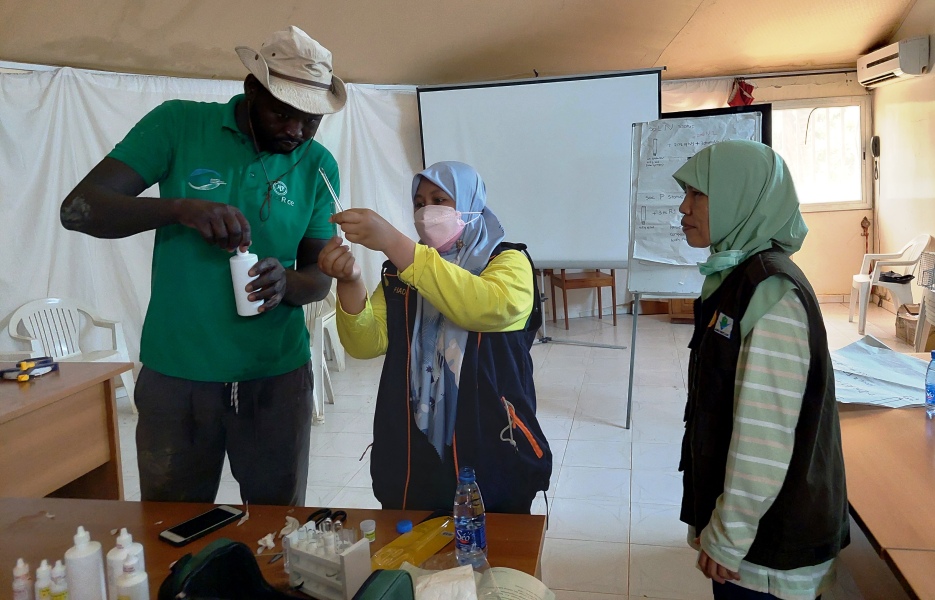
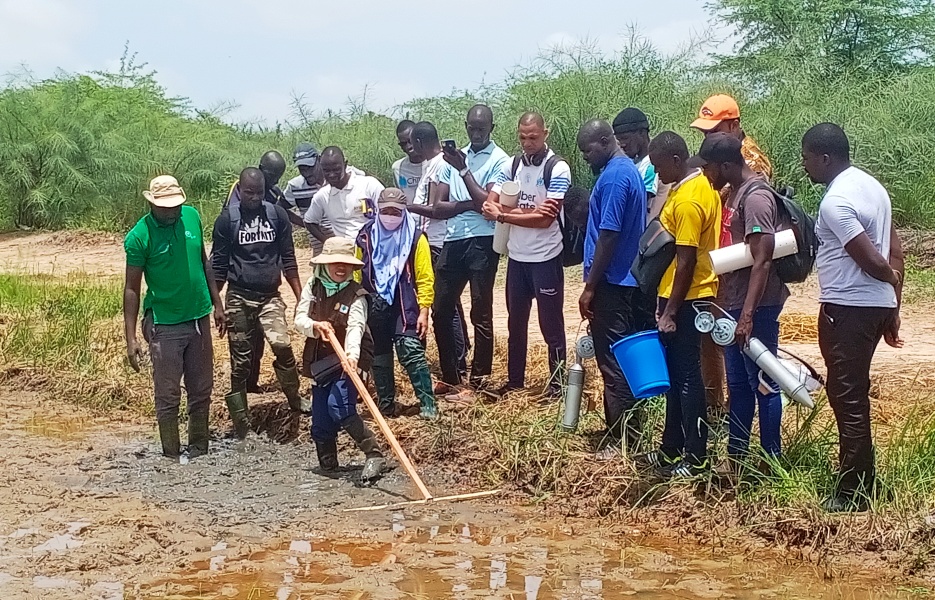
The participants were given a group task to identify the factors that could affect the quality of paddy fields, and the participants stated that the use of fertilisers, land use patterns, and the use of land enhancers and ploughs could all have an impact on the land's quality.
As a result, participants believe that knowing the appropriate quantity for fertilisers and land enhancers is critical for maintaining land quality. Furthermore, proper harvesting is required so that the land that was previously used to grow rice can be used for the next growing season.
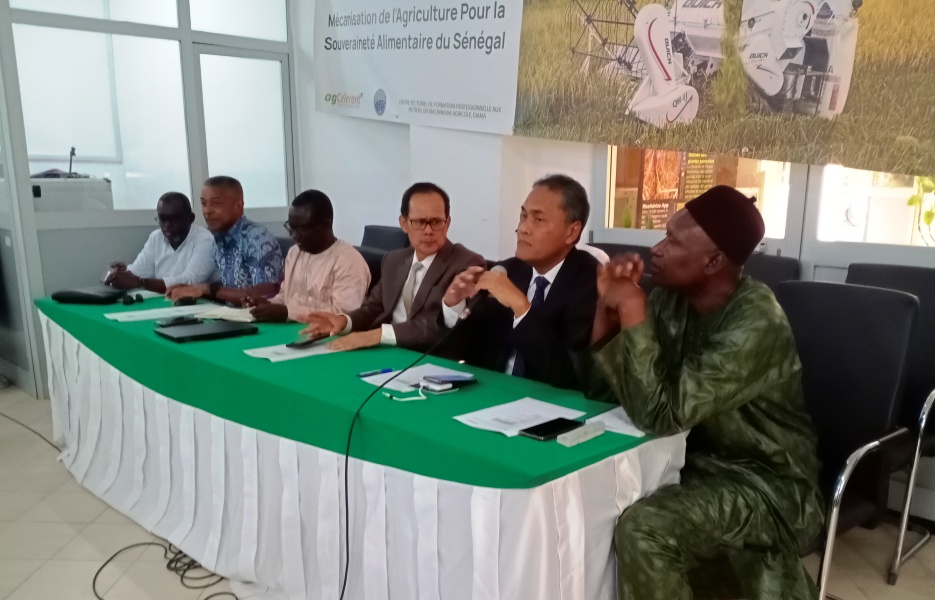

Diar Nurbintoro, Acting Director of NAM CSSTC, stated in the introduction the importance of paying attention to land quality through proper fertiliser selection, using high quality rice seeds, and maintaining plant spacing.
In his opening speech, Daniel Annerose, Chief Executive Officer of Manobi Africa, one of the organising partners, stated that organising the training can be a solution to various challenges in Senegalese rice cultivation.
Fiadini Putri from the Lembang Agricultural Training Center and Nafisah from the Rice Research Center from the Indonesian Ministry of Agriculture were the experts.
|

